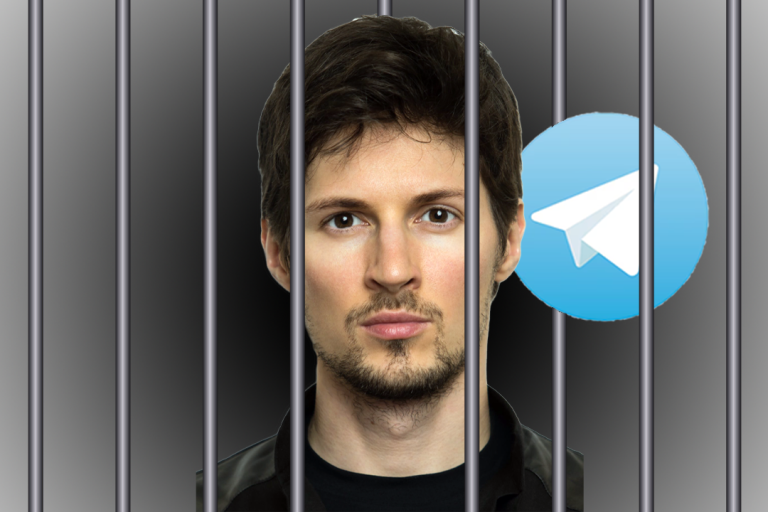In a significant development, Pavel Durov, the CEO of the popular messaging platform Telegram, was released from custody on Wednesday, August 28, after being detained for several days in France. Durov’s arrest and subsequent release have sparked intense debate and international attention, highlighting the complex interplay between freedom of speech, platform responsibility, and legal frameworks.
Background of the Arrest
Durov, a Russian-born billionaire, was taken into custody on Saturday, August 24, at Le Bourget Airport in France. His detention was part of an ongoing investigation launched by France’s National Anti-Fraud Office on July 8, which is probing alleged criminal activities facilitated through the Telegram platform. These activities include drug trafficking, fraud, money laundering, distribution of child sexual abuse material, and abetting criminal transactions. Additionally, Telegram has been accused of refusing to cooperate with law enforcement by not sharing required information or documents.
Legal Proceedings
Durov was held in police custody for up to 96 hours, the maximum duration allowed under French law before charges must be filed. Following the expiration of this period, French authorities decided to release him from custody. However, this does not mark the end of the legal proceedings. An investigating judge has ordered Durov to appear in court for a first appearance and a possible indictment. This step is part of the French legal process where being placed under formal investigation does not imply guilt but indicates that judges believe there is sufficient evidence to continue the investigation. These investigations can be lengthy, potentially taking years before either proceeding to trial or being dismissed.
International Reactions and Support
Durov’s arrest has ignited a global response, particularly in regions where Telegram is widely used. In Russia and Ukraine, where the platform serves as a crucial communication tool for both military personnel and civilians, the arrest has been met with significant concern. Russian government officials have labeled the arrest as politically motivated, reflecting broader tensions between Russia and Western countries over freedom of speech and internet governance.In Iran, where Telegram is banned but still widely used, the country’s supreme leader, Ayatollah Ali Khamenei, made veiled comments praising France for its strict stance against internet violations. Meanwhile, the UAE Foreign Ministry, where Telegram is based, has been closely following the case and has requested that France provide Durov with necessary consular services.
Official Statements and Positions
I have seen false information regarding France following the arrest of Pavel Durov.
France is deeply committed to freedom of expression and communication, to innovation, and to the spirit of entrepreneurship. It will remain so.
In a state governed by the rule of law,…
— Emmanuel Macron (@EmmanuelMacron) August 26, 2024
French President Emmanuel Macron addressed the controversy, stating that the decision to press charges against Durov was “in no way political” but part of an independent judicial investigation. Macron emphasized France’s commitment to freedom of expression while highlighting the importance of upholding legal frameworks to protect citizens’ rights. Telegram, in response to the allegations, has maintained that it abides by European Union laws, including the Digital Services Act. The company has also emphasized that it is not responsible for the abuse of its platform, pointing out that nearly a billion users globally rely on Telegram for communication and vital information.
Future Legal Steps

As Durov prepares to appear in court, the focus will be on whether he will be placed under formal investigation. This decision will be based on the evidence gathered during the probe and will determine the trajectory of the legal proceedings. If charged, the court will also assess the risk of flight, considering Durov’s multiple nationalities, which could influence any potential pretrial detention.The case of Pavel Durov underscores the evolving landscape of digital governance and the challenges faced by tech companies in balancing user freedom with legal responsibilities. As the situation unfolds, it will continue to draw attention from legal experts, policymakers, and users around the world.














